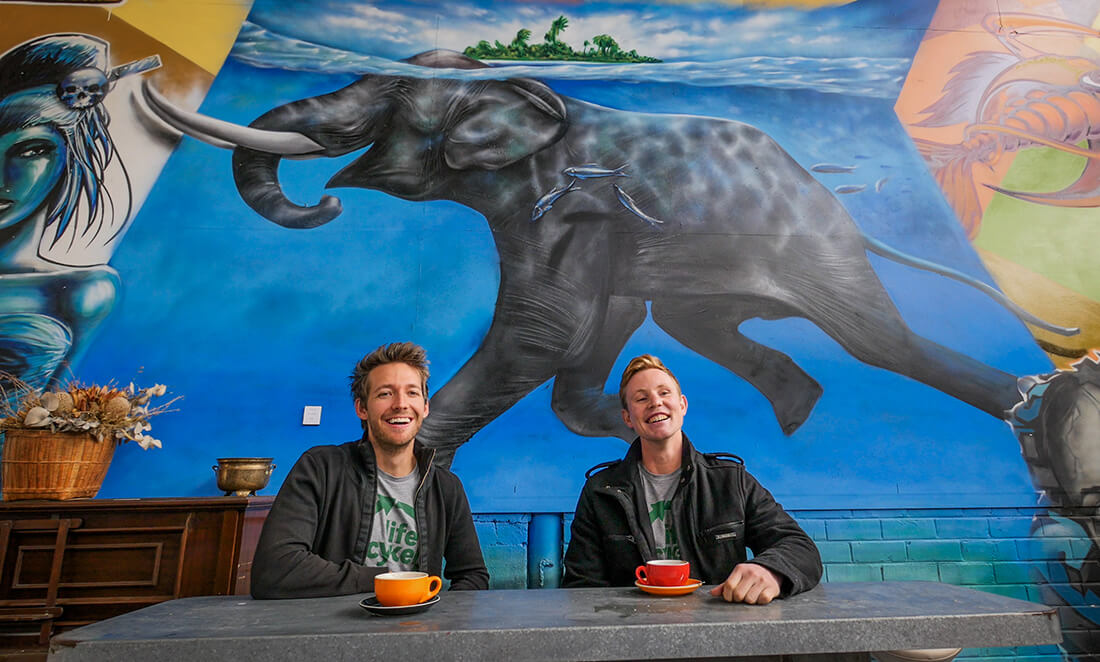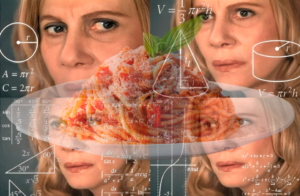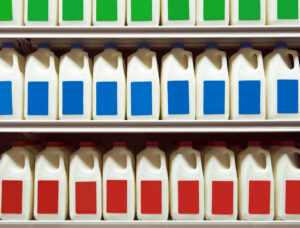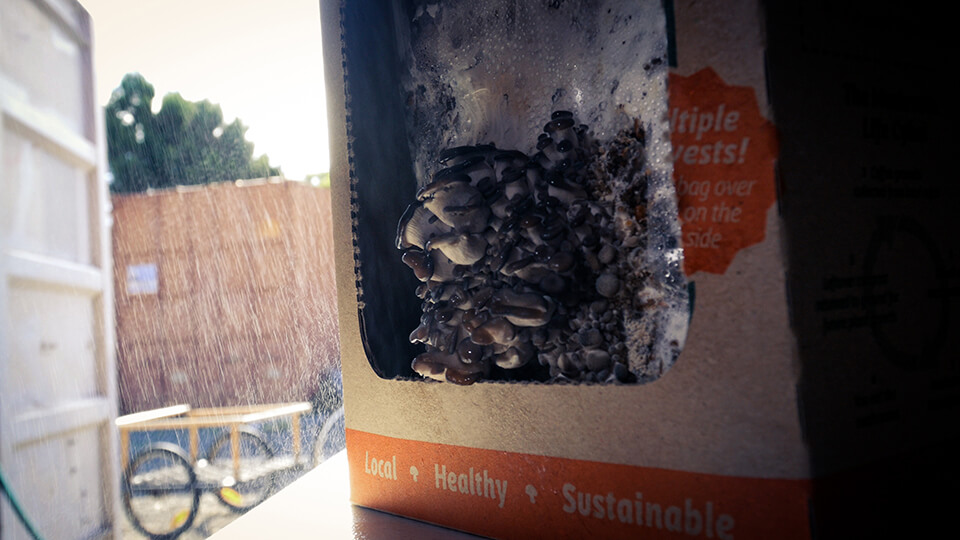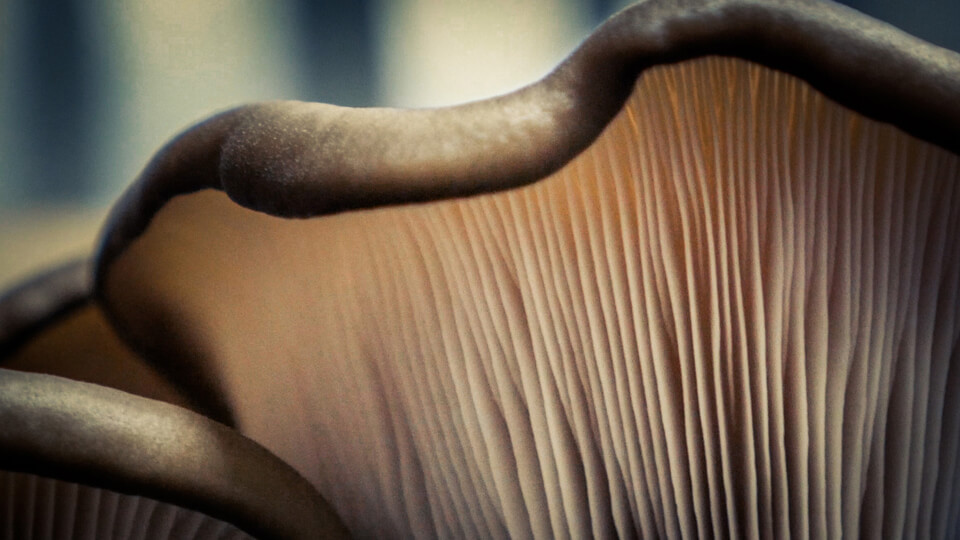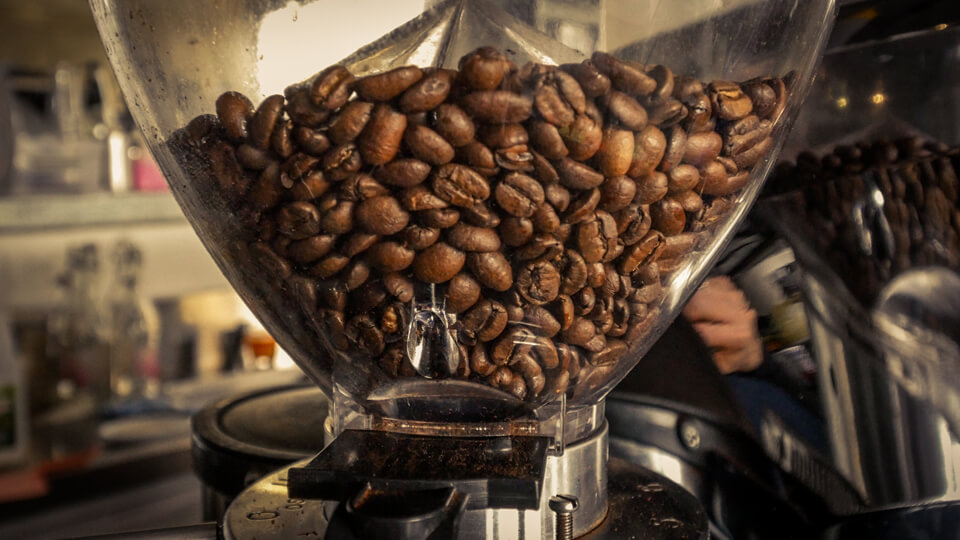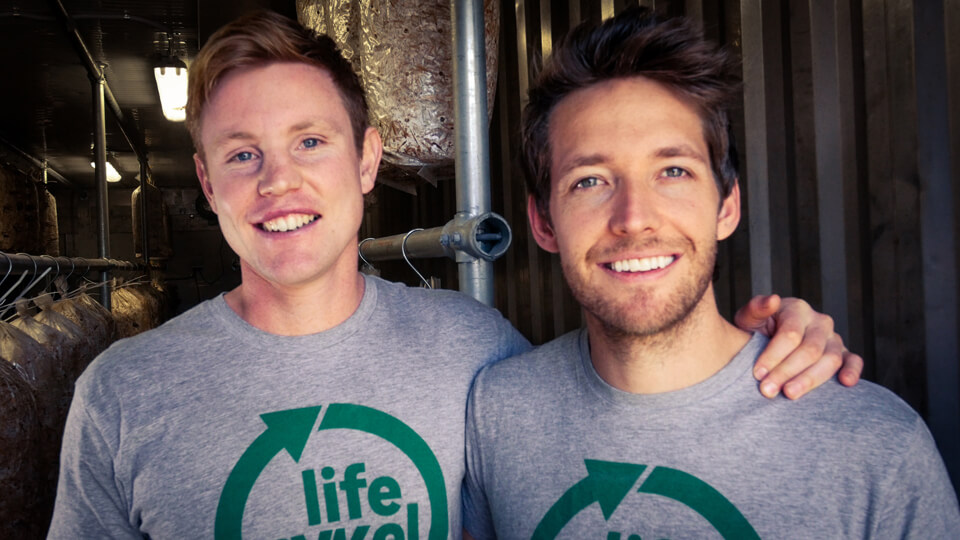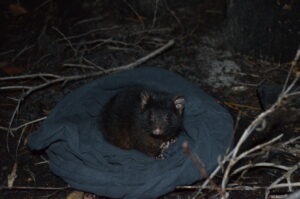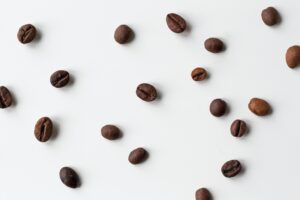Enter creativity and innovation in the form of a group called Life Cykel, who have come to the rescue – with recycling.
TRASH TO TABLE
Life Cykel is a social enterprise started by friends Ryan Creed and Julian Mitchell, who are proving one man’s waste is another man’s mushroom farm.
The boys saw an opportunity to reduce waste and share their passion for home-grown food by collecting used coffee grounds from Fremantle cafes and using it as soil to grow gourmet oyster mushrooms.
“We started the business because we wanted to connect people to growing their own food,” explains Ryan, a long black connoisseur. (Julian prefers a double shot flat white.)
The friends had no prior experience in farming or business when they started Life Cykel.
They first tried growing mushrooms from grounds in a spare room, then took to the internet to crowdsource an impressive $30 000, which they used to set up Australia’s first urban mushroom farm.
“I studied exercise science, but it had nothing to do with agriculture,” Ryan laughs. “And Julian is a physiotherapist. We’re learning as we go, through passion. We watched TED talks, YouTube clips, read books…we just educated ourselves.”
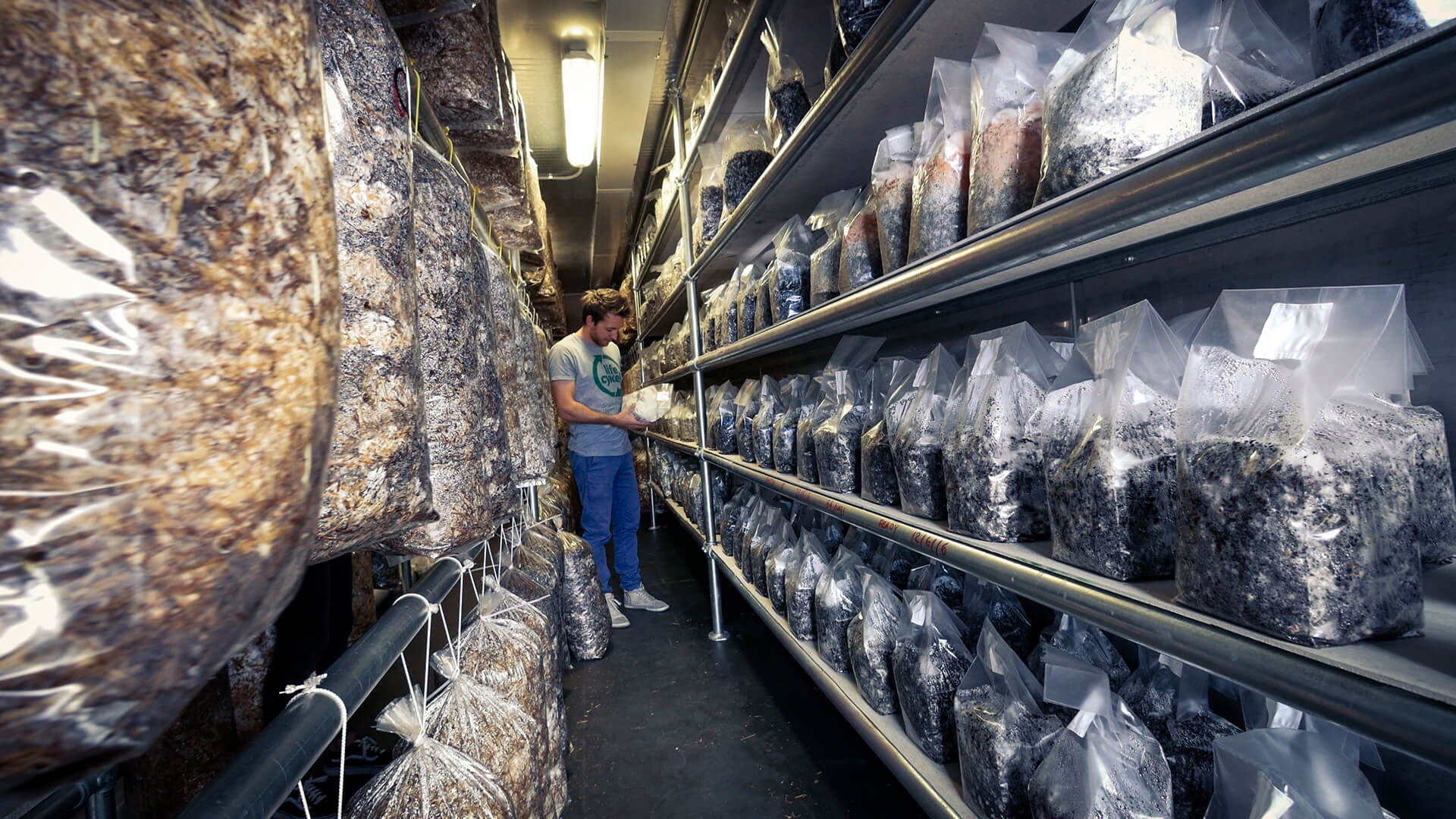
SUCCESS AND SUSTAINABILITY
Life Cykel grew quickly. Shortly after starting their first mushroom farm, they were growing enough to sell the excess mushrooms to WA restaurants. But it wasn’t all smooth sailing in the beginning.
“Growing oyster mushrooms from coffee grounds is phenomenally difficult,” admits Ryan.
“You need to keep things sterile, you need to process the coffee waste the same day. It was four months before we had any success, and then eight months until we could successfully grow for cafes.”
They’ve since moved into selling grow-your-own mushroom boxes and new Life Cykel farms are already recycling coffee grounds in Margaret River and Noosa.
“By building a sustainable business that reuses local waste products, we hope to inspire others to do the same,” Ryan says.
GET THAT HEALTHY DIET BUZZ
Life Cykel mushrooms don’t inherit a caffeine buzz from the coffee they grow on, but they do provide a buzz of their own. Oyster mushrooms are super-high in protein and a rich source of B vitamins, calcium, phosphorous and iron.
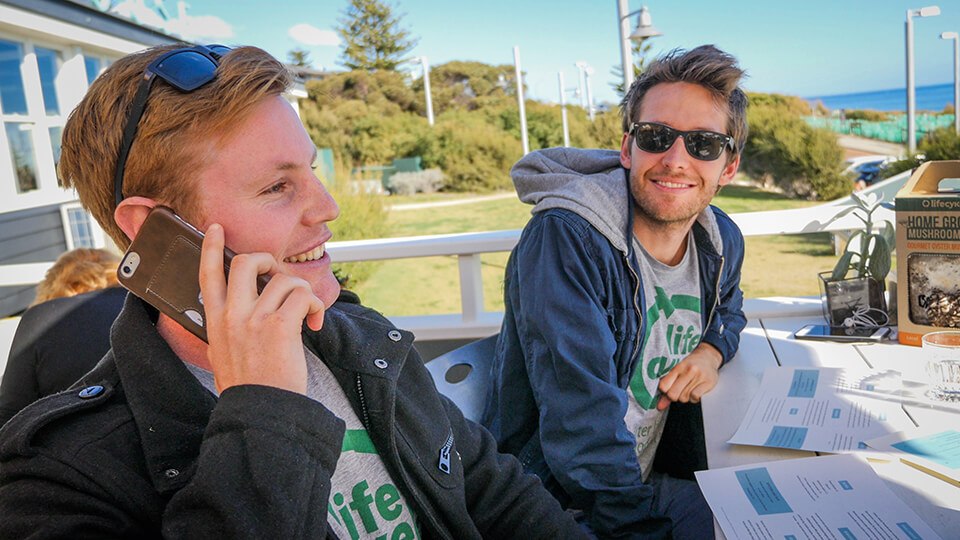
“By building a sustainable business that reuses local waste products, we hope to inspire others to do the same.”
TRY THIS AT HOME
Want to grow your own mushrooms? Buy a mushroom box from the Life Cykel shop. Growing them is as easy as misting the box twice a day.



